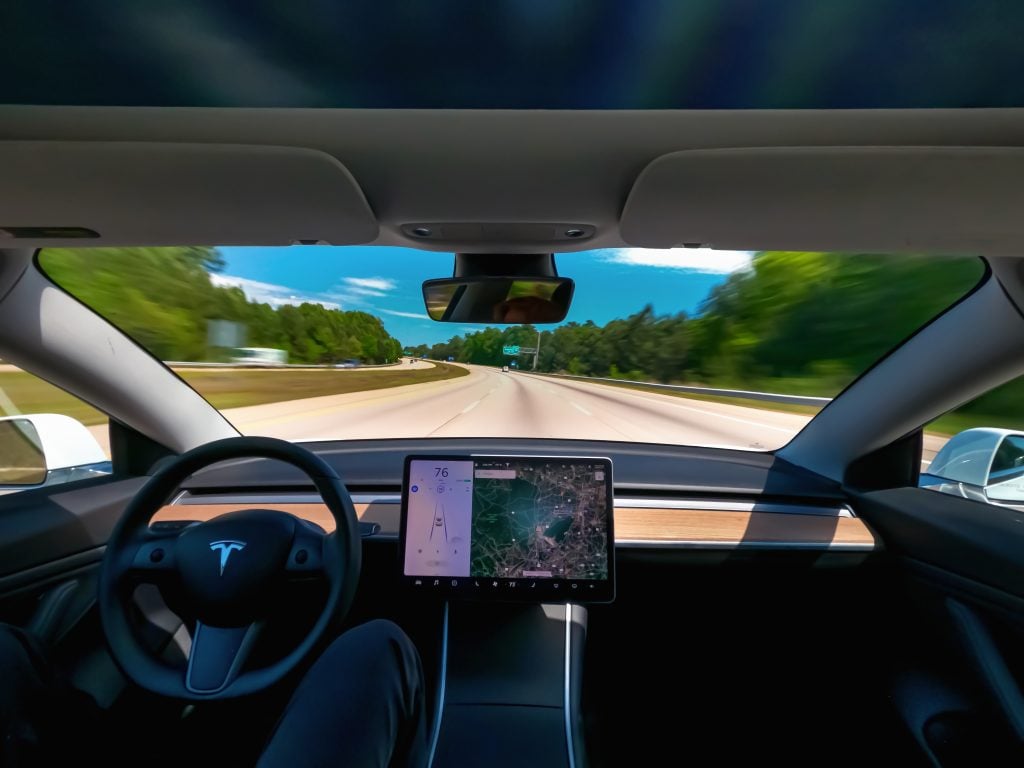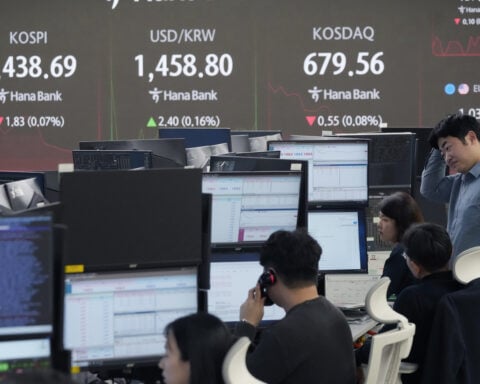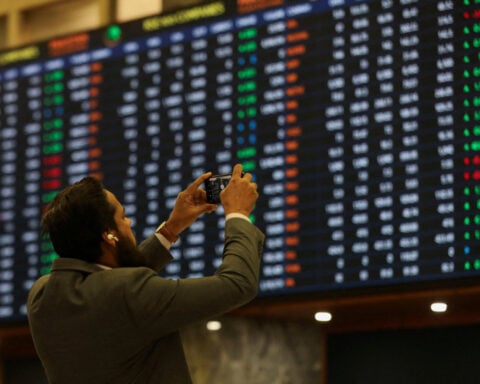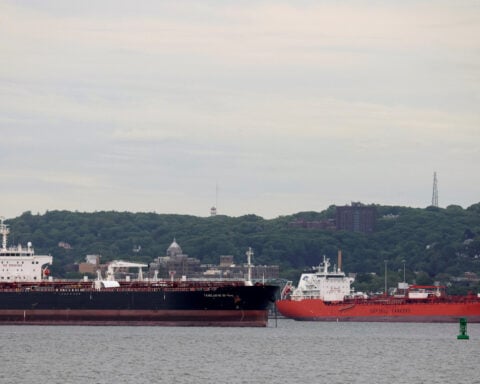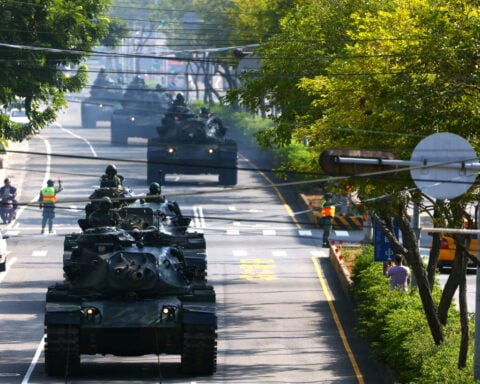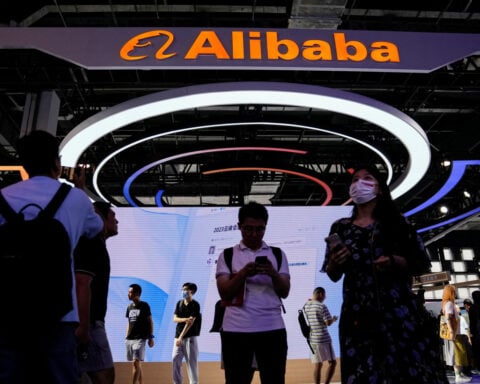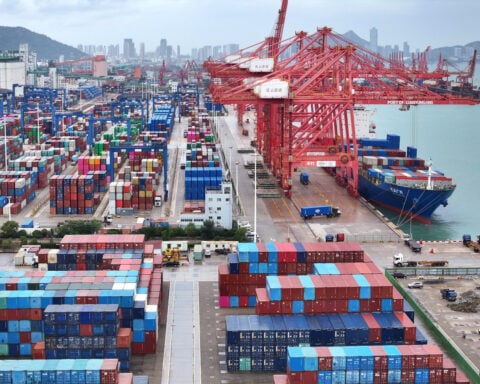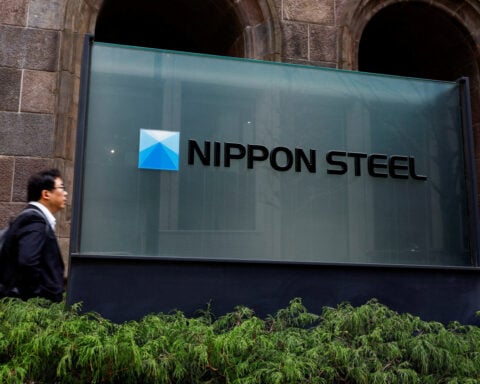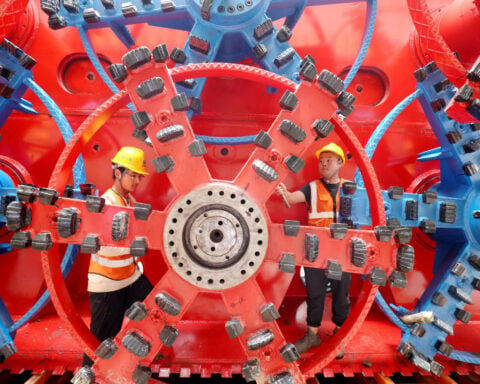Aug 29 (Reuters) - Elon Musk has championed Tesla Inc's (TSLA.O) driver assistance Autopilot and "Full Self-Driving" software as innovations that will both improve road safety and position the electric vehicle maker as a technology leader.
But the Tesla systems - and Musk's claims about them - face their biggest challenge since the launch of Autopilot in 2015 as a series of lawsuits over fatal Tesla accidents head to court starting next month and a federal probe into Autopilot nears an end.
Here is a list of legal and regulatory challenges to Autopilot:
NHTSA INVESTIGATION
The U.S. auto safety regulator investigating Tesla's Autopilot is demanding an explanation for a software change that allows drivers to keep their hands off the wheel for longer, risking collisions, documents released on Tuesday showed.
The National Highway Traffic Safety Administration has been probing the performance and safety of Autopilot after identifying more than a dozen crashes in which Tesla vehicles hit stationary emergency vehicles. It is investigating whether Tesla vehicles adequately ensure drivers are paying attention when using the driver assistance system.
In June 2022, NHTSA upgraded an earlier probe of 830,000 Tesla vehicles into an engineering analysis - a required step before it could potentially demand a recall.
The agency's acting head Ann Carlson told Reuters Aug. 25 that a resolution of the Autopilot investigation will come soon.
DEPARTMENT OF JUSTICE INVESTIGATION
Tesla is under criminal investigation in the United States over claims that the company's electric vehicles can drive themselves, three people familiar with the matter told Reuters last year.
The Justice Department investigation potentially could conclude with criminal charges against the company or individual executives, the people familiar with the inquiry said.
In July, Tesla said in a securities filing that "the company has received requests from the DOJ for documents related to Tesla’s Autopilot and FSD features."
CALIFORNIA INVESTIGATION
Last year, California's transportation regulator accused Tesla of "deceptive practice" of advertising suggesting its driver assistance technology provided autonomous vehicle control.
California's Department of Motor Vehicles (DMV) could suspend Tesla's license to sell vehicles in California and require the company to make restitution to drivers.
California's DMV is also conducting a separate safety review which could force Tesla to seek regulatory permits to operate its vehicles in California.
FIRST LAWSUIT OVER AUTOPILOT FATALITY
Tesla faces two trials over fatal Autopilot accidents in quick succession, with more to follow.
The first, scheduled for mid-September in a California state court, is a civil lawsuit containing allegations that the Autopilot system caused owner Micah Lee’s Model 3 to suddenly veer off a highway east of Los Angeles at 65 mph (105 kph), strike a palm tree and burst into flames, all in the span of seconds, in 2019.
FLORIDA LAWSUIT
The second trial, set to go to trial in October, arose out of an accident that killed the 50-year-old Tesla Model 3 owner Jeremy Banner when his car struck a tractor trailer at the intersection of a highway in Florida in 2019.
MOUNTAIN VIEW ACCIDENT
A 2018 crash involving a Tesla Model X killed the driver, Apple engineer Walter Huang, when it swerved and slammed into a concrete divider on a freeway in Mountain View, California. A lawsuit by his wife against Tesla is scheduled to go to trial next year.
The National Transportation Safety Board investigated both the California and Florida accidents and blamed both the driver and Tesla. The NTSB said drivers relied too heavily on the Autopilot system, while Tesla failed to restrict the use of Autopilot or to adequately monitor driver attentiveness.
Tesla said the drivers' hands in both accidents were not detected on the wheel for several seconds prior to the collision, and that they did not take action to avoid the accident.
CLASS ACTION
In September, Tesla was sued in a proposed class action accusing the EV maker and Musk of having deceptively advertised Autopilot and FSD as fully functioning or "just around the corner."
The lawsuit filed in federal court in San Francisco said Tesla did this to "generate excitement" about its vehicles, drive up its stock price and become a "dominant player" in EVs.
Tesla did not respond to questions from Reuters about the lawsuits and investigations mentioned above.
Reporting by Hyunjoo Jin in San Francisco Editing by Lisa Shumaker and Matthew Lewis
Our Standards: The Thomson Reuters Trust Principles.

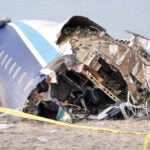 Azerbaijan observes day of mourning for air crash victims as speculation mount about its cause
Azerbaijan observes day of mourning for air crash victims as speculation mount about its cause
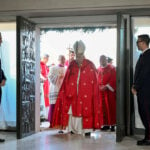 Pope opens special 'Holy Door' for Catholic Jubilee at Rome prison
Pope opens special 'Holy Door' for Catholic Jubilee at Rome prison
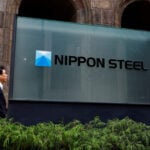 Japan's Nippon Steel extends closing date for U.S. Steel acquisition
Japan's Nippon Steel extends closing date for U.S. Steel acquisition
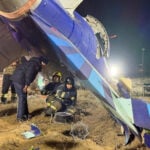 Kazakhstan's senate chief: cause of Azerbaijan Airlines plane crash unknown for now
Kazakhstan's senate chief: cause of Azerbaijan Airlines plane crash unknown for now
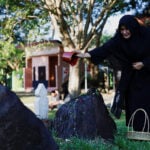 Thousands mark 20 years after deadly Indian Ocean tsunami
Thousands mark 20 years after deadly Indian Ocean tsunami
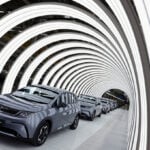 BYD contractor denies 'slavery-like conditions' claims by Brazilian authorities
BYD contractor denies 'slavery-like conditions' claims by Brazilian authorities
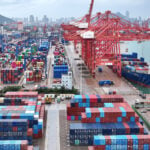 China revises up 2023 GDP to $17.73 trln, rules out impact on 2024 figure
China revises up 2023 GDP to $17.73 trln, rules out impact on 2024 figure
 Durant and Beal score 27 points each, Suns beat Nuggets 110-100 to close out Christmas slate
Durant and Beal score 27 points each, Suns beat Nuggets 110-100 to close out Christmas slate
